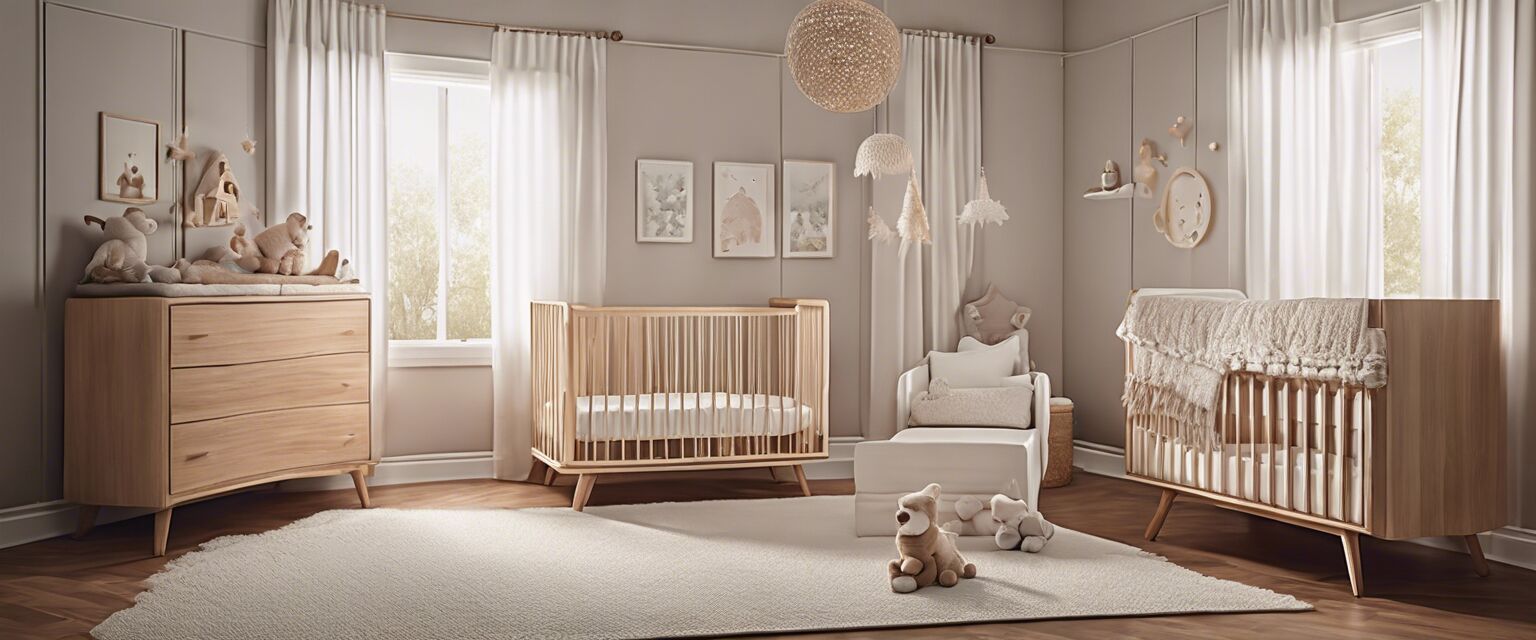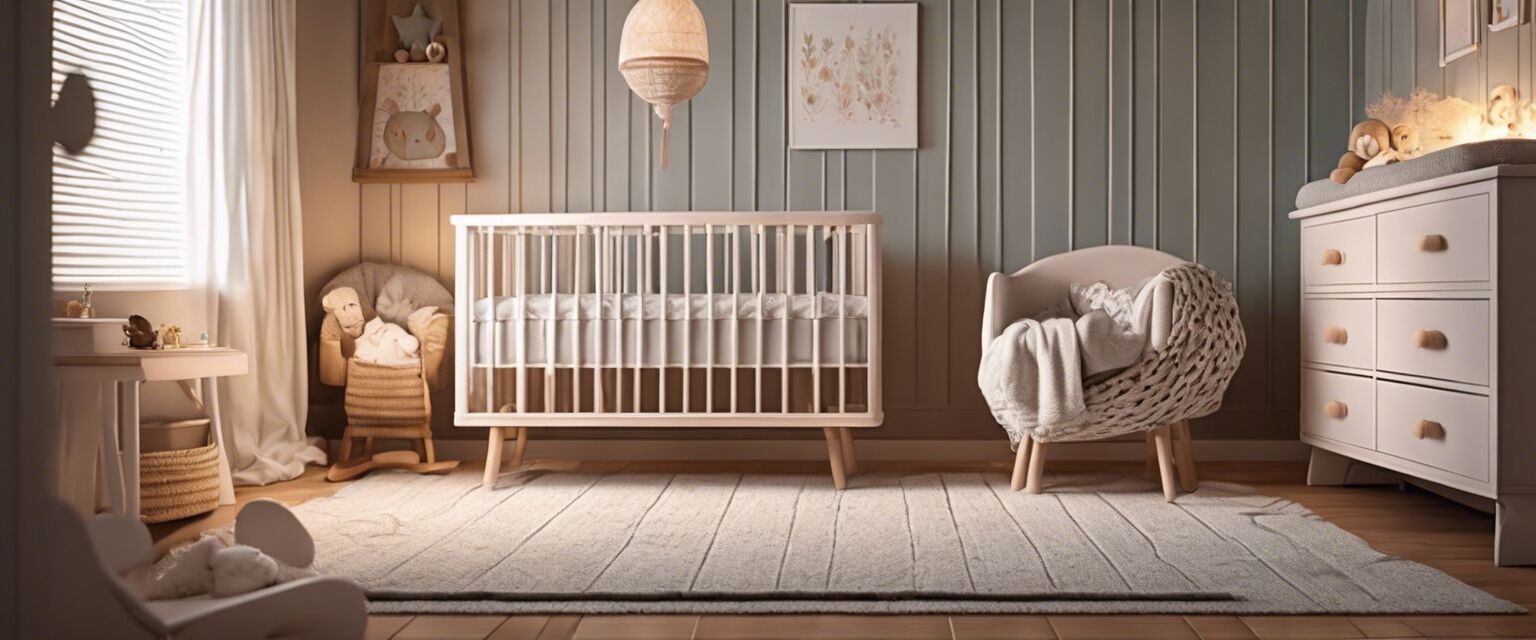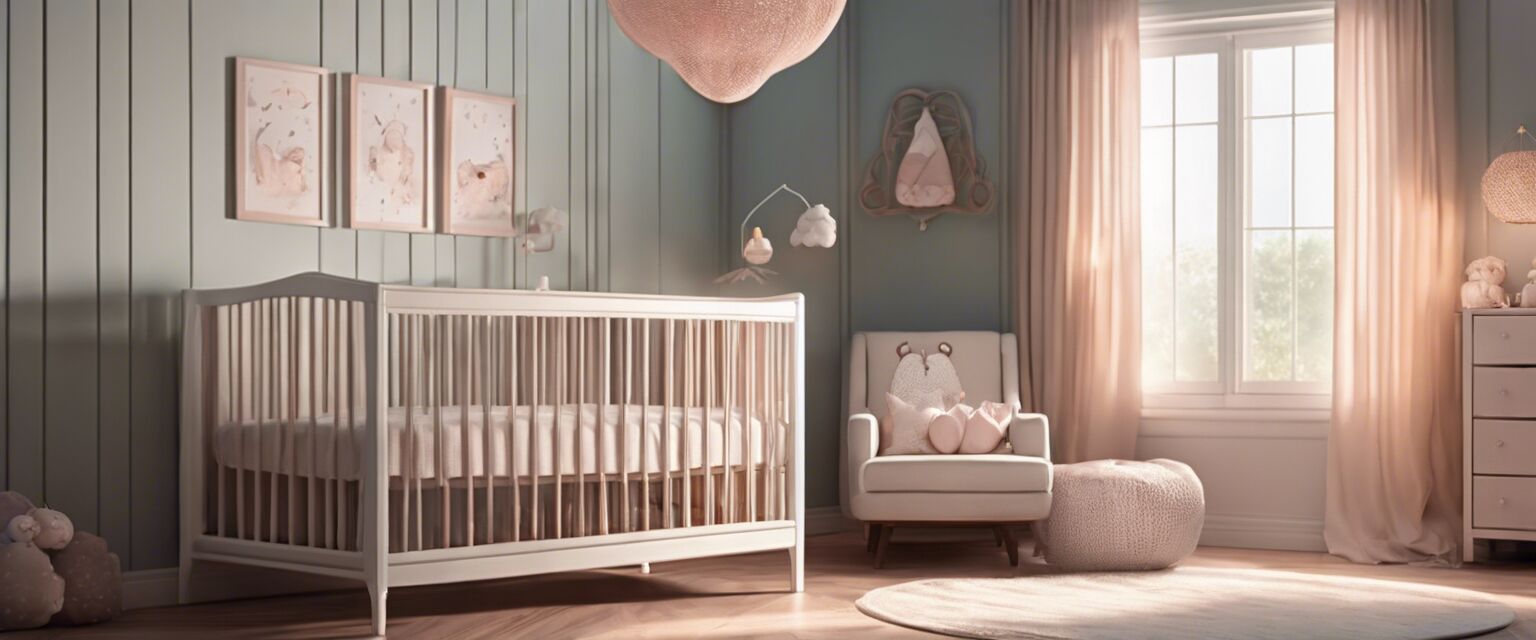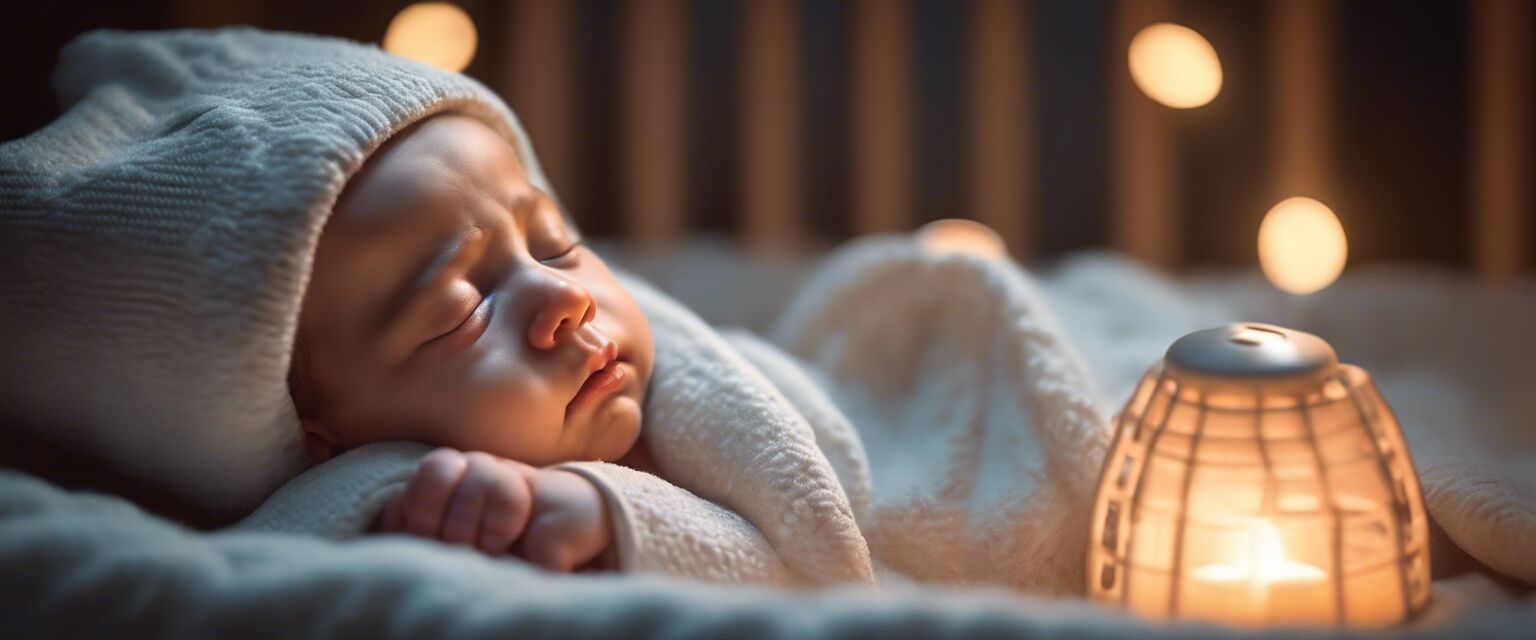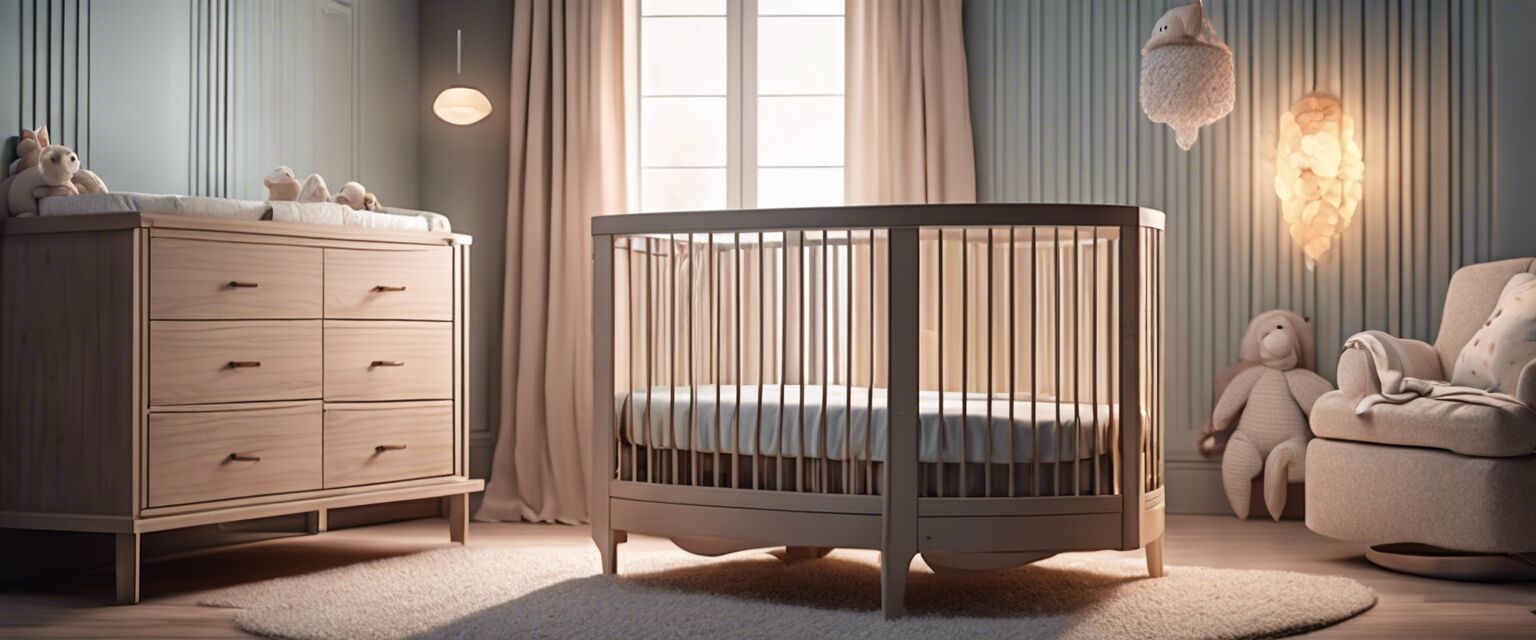
Baby Sleep FAQs
Welcome to our comprehensive guide addressing the most common questions about baby sleep. Whether you are a new parent or you are looking for effective sleep solutions for your little one, this article covers essential information to help you navigate the world of baby sleep successfully.
Key Takeaways
- Understanding baby sleep cycles is crucial for establishing a routine.
- Safe sleep environments help promote better sleep.
- The right sleep aids, such as sound machines, can make a difference.
- Every baby is unique; what works for one may not work for another.
Common Baby Sleep Questions
1. How long do babies sleep in a day?
Most newborns sleep for about 16-18 hours a day, but this can vary depending on the baby's age and individual needs. As they grow, their sleep duration will gradually decrease.
2. What are the sleep cycles for babies?
Babies typically go through several sleep cycles throughout the night, including rapid eye movement (REM) and non-REM sleep. Hereâs a brief overview:
| Age Group | Total Sleep (Hours) | Duration of Sleep Cycle (Minutes) |
|---|---|---|
| Newborn (0-3 months) | 14-17 hours | 50-60 minutes |
| Infant (4-11 months) | 12-15 hours | 60-70 minutes |
| Toddler (1-2 years) | 11-14 hours | 70-80 minutes |
3. What can I do to create a safe sleep environment?
Creating a safe sleep space is essential. Here's a list of safety tips:
- Always place your baby on their back to sleep.
- Use a firm mattress with a fitted sheet.
- Keep the crib free of pillows, stuffed animals, and blankets.
- Ensure the room is at a comfortable temperature, ideally between 68°F and 72°F.
4. How can I help my baby establish a sleep routine?
Establishing a consistent sleep routine can be beneficial for your baby's sleep. Here are steps to create an effective routine:
- Create a calming bedtime routine, such as bathing and reading.
- Put your baby to bed at the same time each night.
- Limit stimulating activities before bedtime.
- Consider using white noise or a gentle sound machine to create a soothing environment.
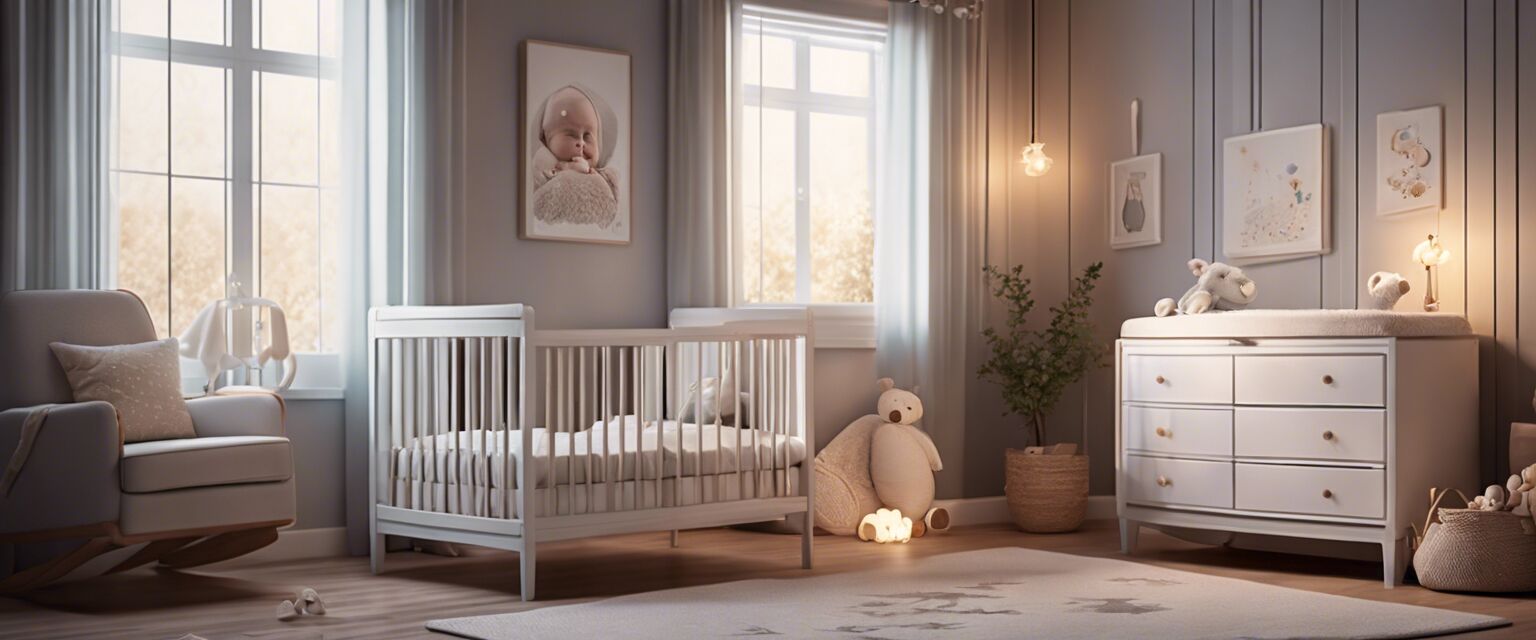
5. When can I start using a sleep sack?
Sleep sacks can be introduced to babies once they are comfortable with a crib setting, generally around 4-8 months of age. They provide a safe alternative to blankets and keep your baby warm without the risk of suffocation.
Popular Sleep Aids
Sleep aids can assist in settling your baby for a good night's sleep. Here are some beneficial products you might consider:
Pros
- Promotes better sleep for babies.
- Many aids are designed to mimic the womb environment.
- Available in various options to suit different baby needs.
Cons
- Some babies may not respond to sleep aids.
- Over-dependence on aids could disrupt natural sleep patterns.
- Not all products are created equal; quality varies.
When should I consult a pediatrician?
If you notice any persistent sleep issues, such as extreme fussiness or difficulty settling your baby, it's important to consult with a pediatrician to rule out any underlying health concerns.
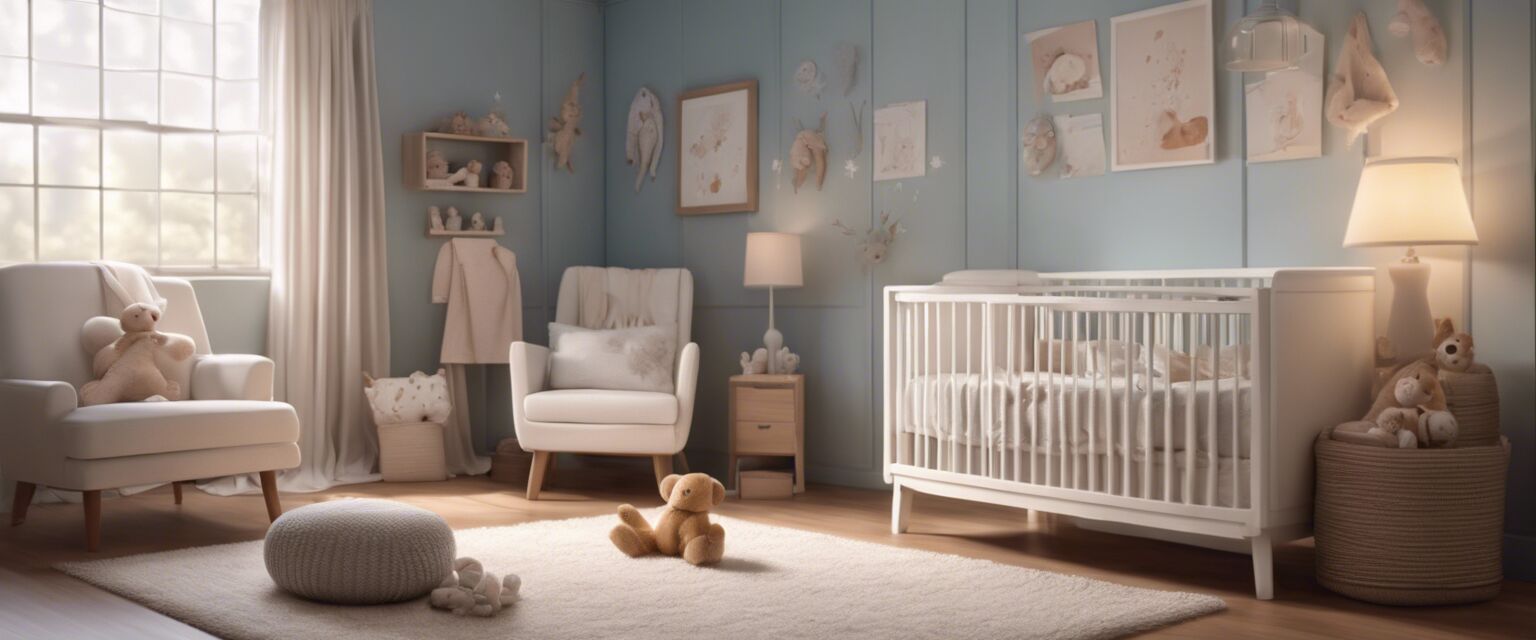
Conclusion
Baby sleep can be a challenging journey, filled with uncertainties. By understanding baby sleep cycles, establishing safe sleep environments, and knowing when to seek help, you can improve not only your child's sleep but your own as well. For more resources, explore our categories on baby monitors, cribs and bassinets, or mattresses and bedding to find the perfect setup to promote better sleep.
Tips for Success
- Be patient; sleep training can take time.
- Involve your baby in sleep cues, such as dimming lights as bedtime nears.
- Consider developing a calming scent routine using safe essential oils.
- Document your sleep progress to identify what works best for your baby.

